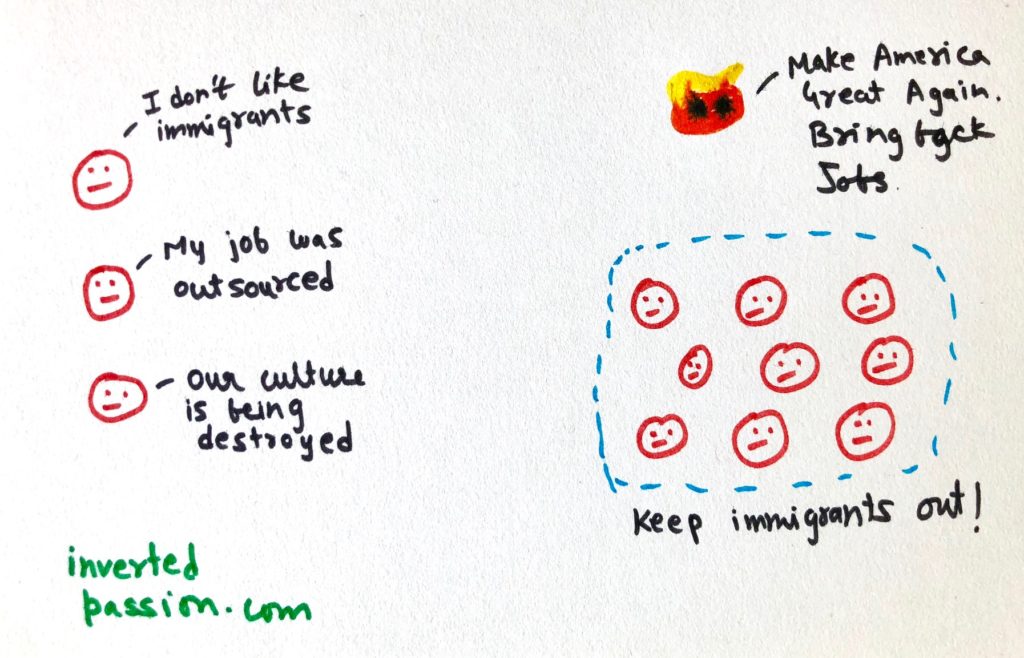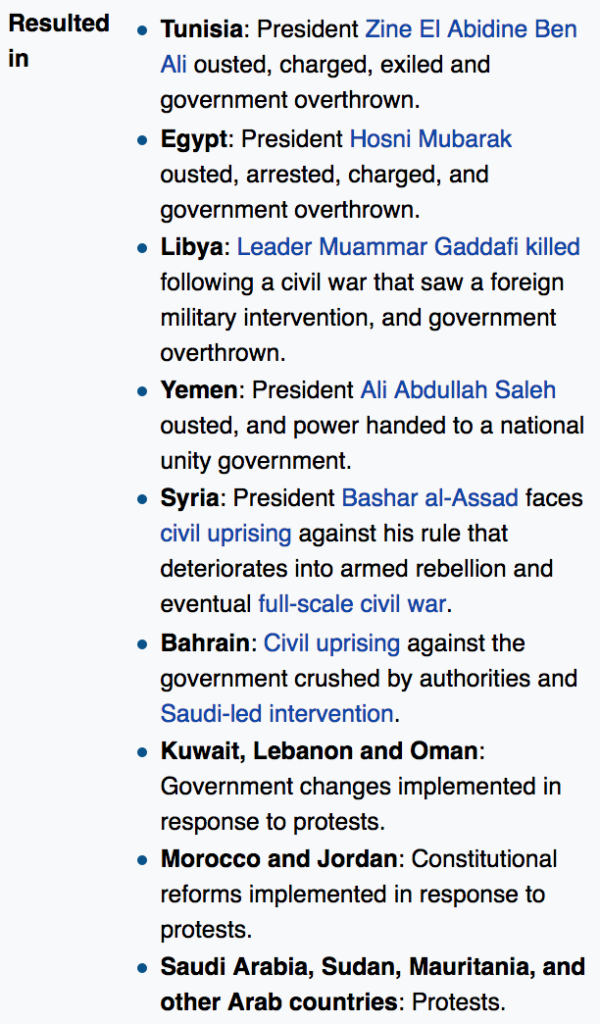There’s a famous joke (that I discovered on Scott Aaronson’s blog). It goes something like this:
There’s a man standing in the Moscow train station, handing out leaflets to everyone who passes by. Eventually, of course, the KGB arrests him—but they discover to their surprise that the leaflets are just blank pieces of paper. “What’s the meaning of this?” they demand. “What is there to write?” replies the man. “It’s so obvious!”.
This joke gives a chuckle because without saying anything it points out how bad the living conditions were in the Soviet and how everyone knew that the conditions were bad. Yet, the Soviet Union remained in power from 1922 to 1991. How did it last so long when the public knew that central planning was devoiding them of progress? Surely, the large population (that included soldiers in the army) could have revolted against a few leaders.
The invisible common knowledge
The reason for this lack of action is that while people know things are bad, they do not know that others also know that things are bad. This lack of awareness about common knowledge is what caused hundreds of millions of people put up with bad conditions for decades.

Calling out makes the common knowledge visible
Calling out on something publicly makes that common knowledge visible. Its most powerful recent example would be the Arab Spring. Seemingly out of nowhere, in 2011, protests erupted in the middle east and north African nations, toppling many governments within one year.

The speed of toppling of dictatorships was incredible. It’s as if everyone knew in their hearts that they wanted to get rid of dictatorship but didn’t know if others also wanted this. The initial catalyst for the Arab Spring was self-immolation by one street vendor named Mohamed Bouazizi. At great personal risk (death), he called out the autocratic government of Tunisia and with that calling out, an increasing number of people got convinced that it was not just them who thought the government was bad.
Free spread of information is dangerous to those in power
The reason non-democratic governments (China, North Korea, Saudi Arabia) control media and Internet is because they don’t want common knowledge to take shape that’s not in their favor. If you control the information, you control the masses. (This is also why I’m a big supporter and believer in freedom of speech).
Another example of invisible common knowledge is that it’s OK for women to smoke. For centuries, women were judged to be of “bad character” if they smoked while it was perfectly OK for men. (Some would rightly argue that in many countries, it is still like that. If you believe that, call out publicly!). In a few US states, in the early 1900s, there were even laws prohibiting women smoking in public. Smoking openly but not letting women do so was one of the many ways men displayed their power and status over women.
However, one person was determined (or rather commissioned) to change this perception. The man who coined the term “Public Relations” – Edward Barneys – paid a group of models to smoke openly during the Easter Sunday Parade because he knew there would be journalists covering the event. Along with this, he coined the phrase “torches of freedom” which reporters used while reporting the event. Barneys knew that if millions of women who read newspaper saw these women smoking in public and expressing their freedom, both men and women would accept women smoking as an act of bravery and self-respect. Eventually, it will simply become a norm.
The rise of bitcoin is another example of small groups of people fearlessly claiming that these digits on a hard drive can represent actual money. Such bits will become actual money if enough people believe in it. Network effects of beliefs is how existing institutions and morals break down.
The risk of calling out
Of course, calling out something in public usually comes with immense personal, reputational or professional risk. There’s always a chance that others may not immediately react or those who are in power will crush specific individuals. That’s the reason most people remain silent or anonymous despite facing harsh conditions. It takes courage to speak one’s mind when everyone around is silent.
This is why I admire the work by the Internet Freedom Foundation (disclaimer: I’m a donor) that successfully championed the cause of Net Neutrality in India. Now I admire the voices against Aadhar’s implementation by brave individuals such as @nixxin, @jackerhack (and many others). These people, at great personal risk, speak their mind when they see something wrong. I’m not as brave as them but thanks to them, I get great comfort in knowing that my nagging doubts about Aadhar aren’t loony. But if they hadn’t talked about it, my doubts would have been private.
If you want to do the right thing, speak your mind fearlessly in public. Because unless you do that, you’d never know how many other people share that view with you. Who knows – you could spark a revolution!
Tell me YOUR unpopular opinions
Now that you’ve read the article, I have a question for you.
Which of your personal opinions do you consider as unpopular (the ones that you think is not a common knowledge yet)? Controversial, immoral, politically incorrect opinions welcome.
I'll RT interesting unpopular opinions.
— Paras Chopra (@paraschopra) January 19, 2018
Which of your personal opinions do you think others don’t share? Tweet your response to me as a reply to this thread and I’ll retweet the most interesting examples. In the same thread, you can also check out and comment on what others proposed (many are genuinely controversial!).
Join 200k followers
Follow @paraschopra